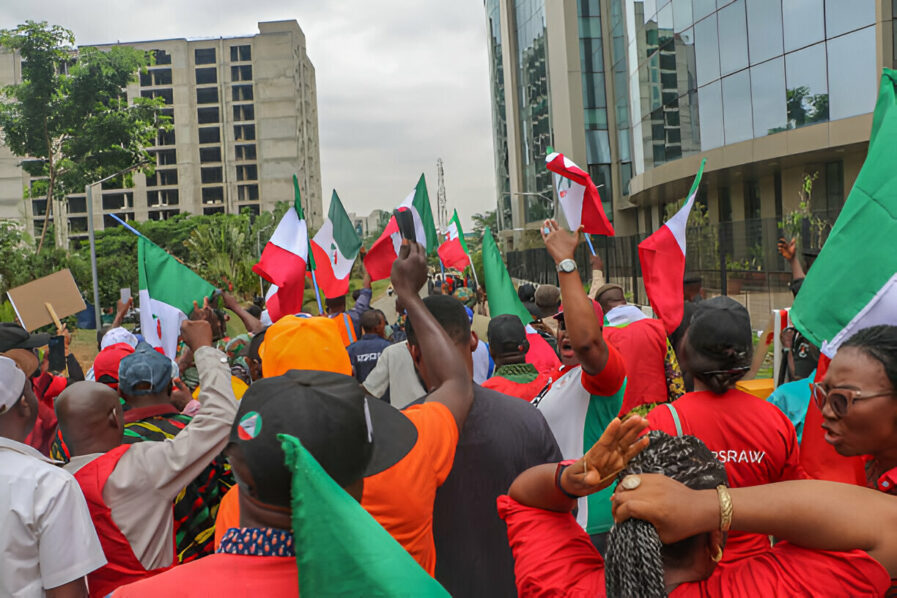The Organised Labour has called for an annual adjustment to Nigeria’s ₦70,000 minimum wage. According to Labour, aligning the minimum wage with the yearly inflation rate is essential to ensure that workers’ earnings retain their purchasing power.
“What we are pushing on for Labour is that instead of you (the government) waiting for five years to increase the minimum wage, you will now look at the inflation of the last five years and try to make some adjustments, why can’t we reflect the inflation on an annual basis?” TUC boss Festus Osifo said on Channels Television’s Politics Today on January 1, 2025.
The Trade Union Congress (TUC) president said its members, including colleagues in the Nigeria Labour Congress (NLC), have begun talks in this regard.
“For example, we have entered January 2025. By January 15 2025, the National Bureau of Statistics is going to release the inflation figure for December,” he explained.
“So, what we are pushing for as Labour is that, if for example, the inflation figure is 35%, apply that 35% to the ₦70,000 minimum wage so that it will become reflective of what the true value is.

“When we get to 2026, you will also do similar application. That is actually what we are pushing. We shouldn’t be waiting for five years.
“In the new Act now is three years to do those adjustments but we could be doing them systemically by applying the inflation as of December of the preceding year to what the minimum wage is.
“This is part of the position that we are also going to canvass this year. We started the conversation last year but we will continue it in 2025.”
In July 2024, following months of prolonged negotiations, the Federal Government and labour unions agreed on a ₦70,000 minimum wage, later approved by President Bola Tinubu.
This increase, coming five years after the previous wage of ₦30,000 was set, has been deemed insufficient by labour unions. They argue that skyrocketing living costs—driven by a more than fourfold rise in energy prices and the removal of the petrol subsidy—make ₦70,000 inadequate to meet workers’ basic needs. As a result, they continue to push for a truly livable wage.


